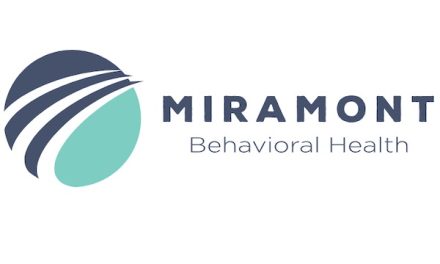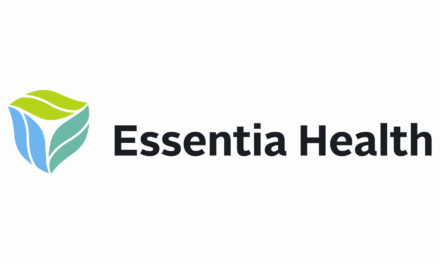
Why weekends matter: Rest and recovery are not just for athletes
by Dr. Tricia Gillig, a family practice physician at ThedaCare Physicians- North inside Encircle Health in Appleton.
If I were to write an article about the importance of rest and recovery for an athlete in training, many people could relate. After all, building muscle is the result of hard training that breaks down muscle that, in turn, is rebuilt into a stronger version of its original condition.
Then why are so many of us reluctant to espouse the benefits of downtime; that is, restful periods over the weekend free of a relentless schedule of household chores, music lessons, athletic practices, and elaborate family functions? Too often I see individuals and families who are run ragged by work, family, and extracurricular demands. The result is often illness, discontent, or depression. Relationships suffer, resentment builds, and creativity and a sense of possibility are stifled.
I recently listened to a review of the book The Weekend Effect by Katrina Onstad, whose purpose is to guide readers to discovering ways to reclaim their leisure time to recharge and live healthier lives. After all, how does a person or a family unit grow stronger without a rebuilding period after a long week of work and study? Below, I use the language of an athletic trainer to illustrate the importance of rest and recovery for our mental, emotional, physical, and family health.
Rest and recovery is as important as working out. Time away from the most strenuous level of weekday stress allows your physical and emotional muscles to adapt to chronic stressors and grow in response to it. Interestingly, a muscle literally needs anywhere from 24 to 48 hours to repair and rebuild. (That’s a weekend!) Overwork and overscheduling can lead to dangerous continual breakdown in your wellness. This is called overtraining, and it’s bad for your health.
Choose active recovery as a cool-down after intense exercise of weekday responsibilities. Onstad advises us to choose activities that engender reflection and purpose. (Which is to say, a bit of Netflix bingeing is OK, but it shouldn’t consume your entire weekend.) Easy, gentle movements, like time in nature, several minutes of daily meditation, unplugging from digital devices for an hour at a time, or reading a good book can improve circulation and move toxic feelings and muscle tension from the body. She advises “visit a space in nature until it becomes sacred ground.”
Recovery is highly influenced by the foods a person ingests immediately after a week of work, caregiving, or study. Hydrate well during and after exercising responsibilities. Water supports every metabolic function and nutrient transfer in the body. Get water flowing to direct the flow of waste products out and nutrients in. Choose foods high in protein and fiber and prepare them with a team of kitchen assistants who complement one another’s strengths and weaknesses. Ingest alcohol in moderation or skip these drinks in favor of refreshing water or tea.
Rest. Sleep is when your mind and body reorient themselves for the day to come. The right amount of good quality sleep helps properly regulate hormone levels related to stress, muscle recovery, and mood. Similarly, quiet periods of rest and thought are proven to be the most fertile times for creativity and problem-solving. Pushing ourselves to be productive every waking moment can be counterproductive. Make time to let your mind wander, and you may stumble upon a great new idea, artistic project, or good friend.
Long-term rest and recovery refers to a seasonal training program that builds in days or weeks of time away from strenuous exercise. I recommend these longer breaks, called vacations or retreats, because you will benefit from more sleep, more varied pursuits, and the freedom to explore new interests.
Onstad summarizes her thoughts in an inspired “Weekend Manifesto” that encourages us to think about the ways we can connect with other people, actively play, and expose ourselves to beauty during our weekends. Yes, we will still have errands to run, laundry to do, and kids to feed and bathe. Ask yourself: How can your team help you? Are they each doing their part? Do you need to win every game at the expense of your wellness, or will a winning record suffice? Our job is to make space in our lives for rest and recovery the same way we pry more obligations into our schedules. Your primary obligation is wellness. After that, everyone wins.





